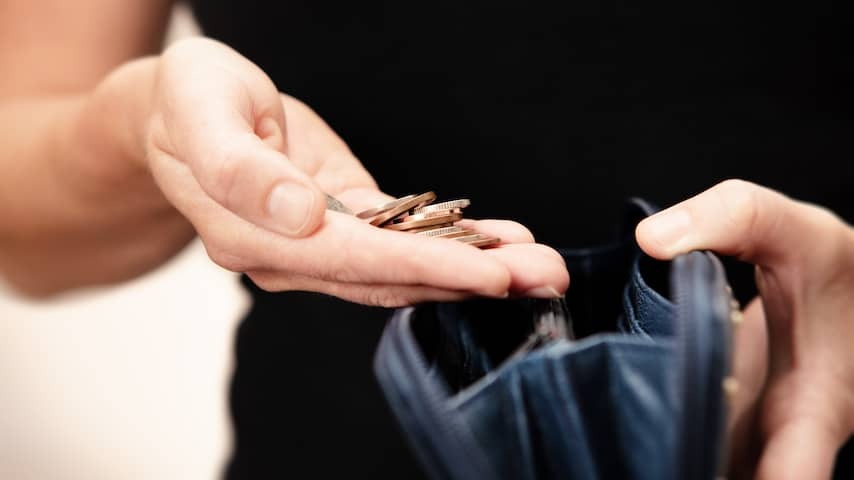
More and more Dutch people are experiencing financial problems. Especially people who live just above the poverty line have a lot of debt. How can you deal with that? And where can you go for help?
It starts with asking for help, says Jolanda van den Hoek of SchuldHulpMaatje. That is an organization with expert volunteers who can help you with all kinds of financial problems. “Most people wait a very long time to do that. But the longer you wait, the bigger your debts become. And yet sometimes more is possible than you think.”
Once you have taken that step, you first list all your income and expenses together. The volunteer then helps you consider whether you can increase your income or reduce your expenses. You will also work together on a repayment plan for the payment arrears: what has priority, what can wait longer and what really needs to be paid immediately to prevent worse?
It is good to know that there are all kinds of schemes that you may be eligible for, both nationally and locally. The local schemes differ per municipality. Every municipality offers help, but there are also local organizations that offer support. In addition to SchuldHulpMaatje, there is also Geldfit.
NU.nl looked at five larger municipalities, spread across the country, to get an idea of what is possible. In Amsterdam, Utrecht, The Hague, Rotterdam and Eindhoven, provisions are possible in the form of payment arrangements, remission of taxes and personal guidance via neighborhood teams, counters or consultation hours. Utrecht has the Geldzaak consultation hour, Eindhoven has the Werkplaats Financiën. In all these cities, extra help is available for young people.
Furthermore, The Hague has special Stork schemes for people with a low income. Rotterdam offers the Geldplein and the Vraagwijzer as central help points.
Here you can go for clothing and books
In addition to financial help, there are also all kinds of other initiatives that can support you if you have a low income. The best known is probably the Food Bank. It is for people who temporarily or permanently do not have enough money to buy enough food. When you are welcome there varies per municipality.
There is also the Toy Bank, which distributes free toys and books to children growing up in poverty. You are eligible for this with a referral or a valid pass from the Food Bank. Don’t have money for new clothes? Then you can go to the Clothing Bank. Here you can choose free clothes and shoes with a referral letter from a helping agency, such as a social district team.
The Woonbank also offers support: families in poverty can get free or cheap furniture here. For young parents there is the Babyspullenbank. There you can go for packages with baby clothes, care products and bottles.
Get over your shame to ask for help, says Van den Hoek. “Debt assistance workers are not only there for practical help, such as calling companies together with you for payment arrangements. But also for providing a listening ear.”
Financial problems can lead to stress
And that is at least as important, sees Wilco van Dijk, professor of Economic Psychology at Leiden University and director of the Knowledge Center for Psychology and Economic Behavior. “The more stress, the less room to think clearly. If you have little money, you can also participate less in society,” says Van Dijk. “As a result, you have a smaller social network and less support from people around you.”
“They are all vicious circles,” he explains. “Money stress leads to depression and anxiety. That makes dealing with debt even more difficult, which is likely to cause you even more stress.”
It was not for nothing that there was talk in the public debate for a while about security of existence, the professor argues. Because if part of society no longer participates, the entire society will notice something at some point. It is not very useful to tell people who live in poverty that they should manage money better, he thinks. “After all, you can only turn a dime once.”